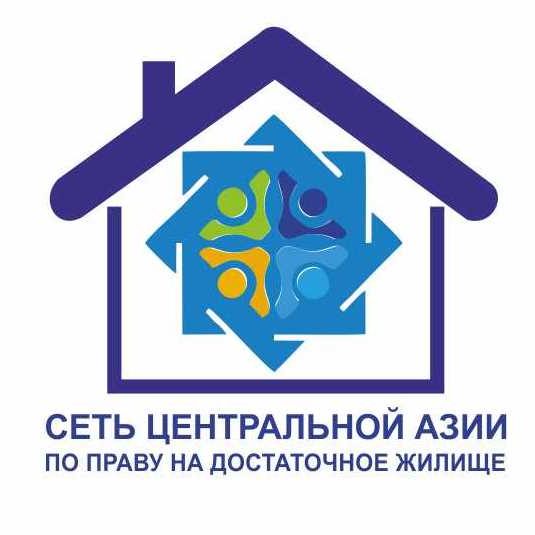CONTACT
Brooke Havlik
media@opensocietyfoundations.org
+1-646-402-9513
NEW YORK—Today, the Open Society Justice Initiative and the Open Society Initiative for Europe joined The Shift and a coalition of human rights groups in unveiling comprehensive model emergency legislation to protect the right to housing during the COVID-19 pandemic and the resulting economic crisis. The groups ask that governments around the world use the basic legal provisions outlined in the model legislation to develop domestic laws to ensure access to housing for all, urging immediate action as the virus continues to spread, the weather becomes colder in many parts of the world, and COVID-related evictions moratoria in many countries expire.
“Actions taken by states to ensure access to housing during the COVID-19 pandemic have been patchwork—these measures often protect some groups, but exclude others, and are legally mandated in some instances, but rely on voluntary agreements in others,” said Marguerite Angelari, a senior legal officer with the Justice Initiative. “That’s why governments must take a comprehensive legislative approach to protecting the right to housing until the public health and economic crisis caused by COVID-19 is over.”
Economic hardship caused by the COVID-19 pandemic has negatively impacted housing for millions around the world, accelerating homelessness, evictions, and the loss of home ownership. Even before the pandemic, approximately 1.8 billion people globally lived in what international bodies characterized as “grossly inadequate” housing conditions and homelessness. Adequate housing is a key factor affecting a person’s likelihood of being severely impacted by COVID-19, including their ability to socially distance and access clean water and sanitation.
Dr. Padraic Kenna, Senior Lecturer in Law, and Director of the Centre for Housing Law, Rights and Policy at the National University of Ireland Galway, said: “Many countries have implemented legislation to prevent evictions and rent rises during the COVID-19 pandemic. We now need to build on those housing rights protections in the context of the economic consequences of the pandemic. Our model emergency housing legislation also includes rights protection for people in informal and temporary settlements, migrant and refugee housing, people with disabilities, and those facing homelessness. These are often the people who are most vulnerable to contracting COVID-19 due to poor sanitation and overcrowding.”
“COVID-19 has laid bare the global housing crisis. The proliferation of homelessness, and inadequate, overcrowded, and unaffordable housing is the result of governments having prioritized housing as a means for financial investors to generate profit rather than treating it as a basic necessity and a human right,” added Leilani Farha, Global Director for The Shift, former UN Special Rapporteur on the right to housing, and 2020 Open Society Foundations Fellow. “Governments must ensure domestic legislation protects housing as a human right in a manner consistent with their international human rights obligations.”
To coincide with the release of the model legislation, the Justice Initiative has published a new report reviewing the most common measures that states undertook to protect people’s right to housing at the onset of the COVID-19 pandemic between March and June 2020.
OSF Services Berlin GmbH, part of the Open Society Foundations, is a limited liability company registered in Germany by the Local Court of Charlottenburg under HRB 193383 B. Its registered office address is Jägerstrasse 54/55, 10117 Berlin Germany.
‘
